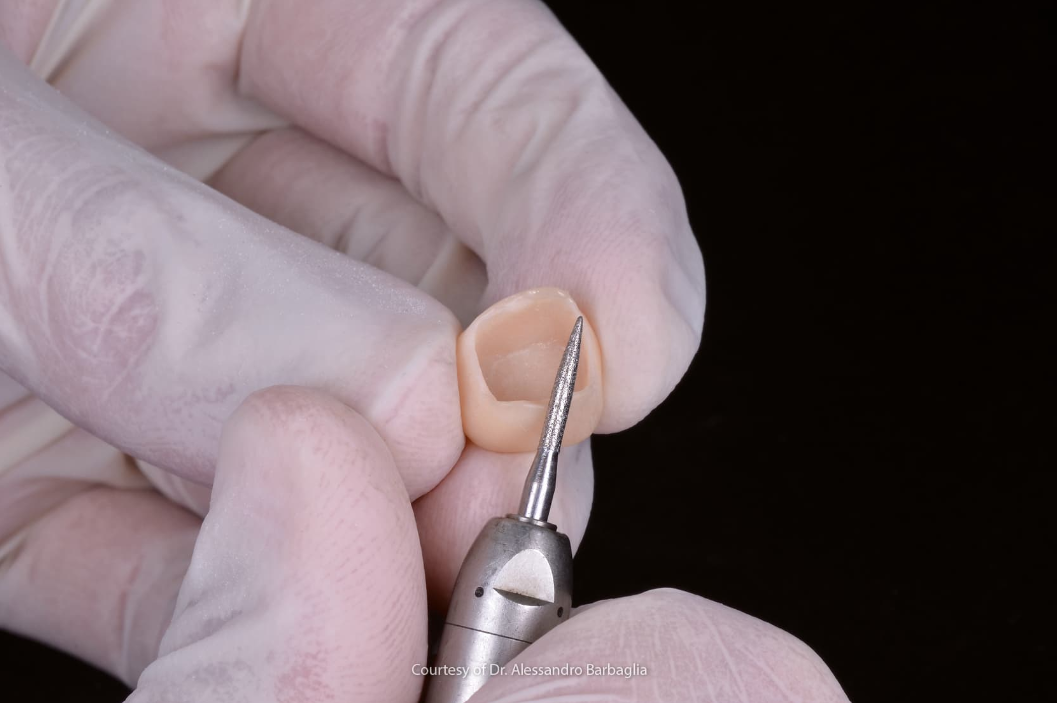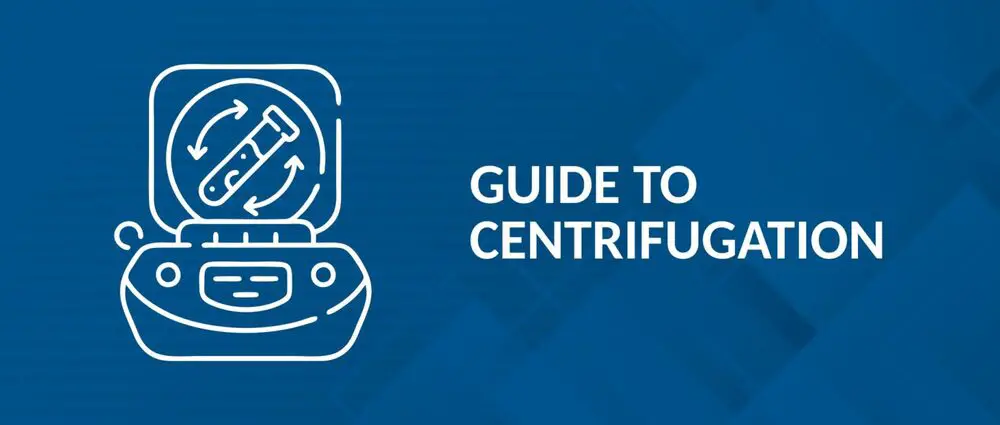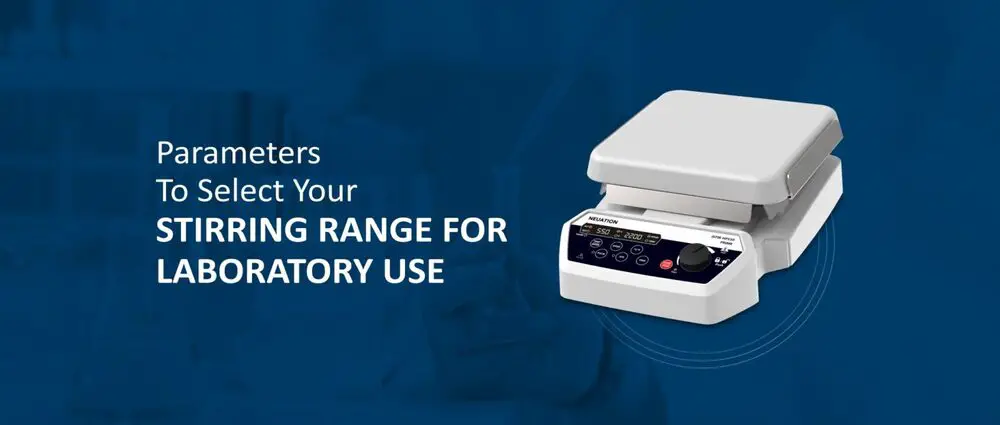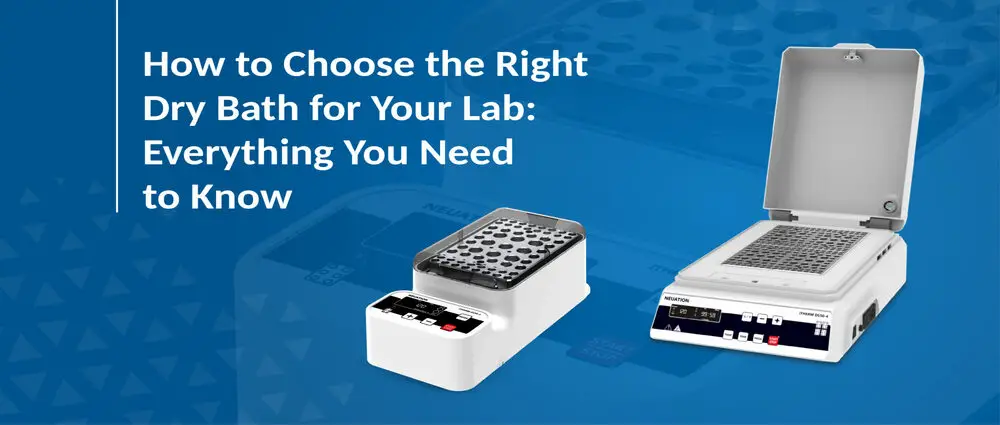Facing the Challenge of Increasing Cardiovascular Disease
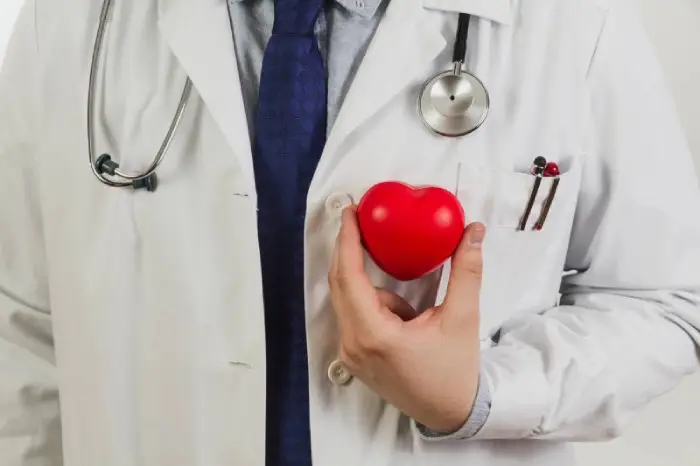 Cardiovascular
Cardiovascular
How Cellular-Enabled Defibrillators Can Help Save Lives Worldwide
Cardiovascular diseases (CVDs) have long been the leading cause of death worldwide. According to the World Health Organization, most cardiovascular diseases can be prevented by addressing behaviors such as tobacco use, unhealthy diet and obesity, physical inactivity and harmful use of alcohol. This information is nothing new, yet in 2019, for example, an estimated 17.9 million people died from CVDs (accounting for 32% of all global deaths). Of those, 85% were due to heart attack and stroke.
Prior to 2022, the majority of CVD cases were among men and women between the ages of 65 and 95, with nearly none in people under the age of 20. That is expected to change. A recent advertisement from the British Heart Association focuses on what could be the coming epidemic among children – even healthy athletes like the young girl in the video who collapses on the football field. Other reports like this one out of India concur: heart attacks are becoming common among young people.
In the US alone, the CDC reports the following:
- One person dies from cardiovascular disease every 36 seconds
- About 659,000 people die from heart disease each year (1 in every 4 deaths)
- Heart disease cost the US about $363 billion each year from 2016 to 2017
Other than bringing awareness to the benefits of a healthy diet, exercise and stress reduction, modern medicine has yet to figure out how to prevent heart attacks, as they are often silent with no early indicators. But, there are effective early treatments that can save lives, such as defibrillators. In fact, more people would survive a heart attack if they were near an automatic external defibrillator (AED). For each minute they don’t receive a life-saving shock, their chance of survival drops 10%. Given the potential of AEDs to save millions of lives, it’s not surprising Zion Market Research estimates the global AED market to grow at a 7.23% CAGR between 2019 and 2026. This rapid growth means more AEDs will be closer to more people as time goes on.
Helping drive this trend is AMI Italia, which has been operating for years in the medical sector as a producer and direct importer of both electromedical equipment and specialist disposable materials. Its cellular-enabled GEO SAVER AED has been designed for use in public spaces, including airports, offices, schools, hotels, beaches and public transportation. Because of its ease of use and intuitive interface with voice and text prompts, it can be used by any lay rescuer, even without minimal training.
One version of its GEO SAVER is automatic, so users don’t even have to push a button to administer a shock. Unlike most AEDs designed for public use, it has embedded 2G and 3G connectivity, as well as GPS positioning capabilities. This means that groups owning GEO SAVERs, such as public health agencies and public, private and government organizations, can monitor the location and status of each AED. These tracking and monitoring abilities ensure they’re in the right places and are in working order. To help protect against theft or loss, the GPS function enables geofencing. Each AED can also livestream an electrocardiogram (ECG) to AMISAVERCLOUD for real-time analysis. Physicians and other medical professionals can review the stream and coach the rescuer. The cloud platform can store the ECG for follow-up. GEO SAVER is available globally, including remote areas where people may live far from hospitals and other medical facilities. By positioning AEDs to be closer to more people, GEO SAVER increases the likelihood they can be stabilized for transport.
Taking the guesswork out of knowing when and how to deliver a life-saving shock to a heart attack victim is critical, as it bolsters the administrator’s confidence. Equally important for a cellular-enabled AED is connectivity. To develop GEO SAVER, AMI Italia embedded SIM cards for quad-band 2G and dual-band 3G connectivity and one dashboard to streamline management. This is what enables GEO SAVER to be used virtually worldwide: reliable connectivity. A mining company, for example, could provide it to crews working in remote locations and be confident the AED will have connectivity.
SIM cards have come a long way over the last two decades and have played a vital role in telecommunications. The latest advancement in SIM technology the eSIM, which was developed in response to the shortcomings of traditional SIM cards for some use cases. In particular, the connected car industry pushed eSIM forward because automotive OEMs had a clear motivation to create a tamper-proof SIM with more robust security that would serve their connectivity needs and protect against extreme environmental conditions such as temperature, vibration, dust, moisture, etc. Today, the automotive industry has adopted the technology widely, and most connected cars use a soldered eSIM.
The embedded Universal Integrated Circuit Card (eUICC) standard makes the eSIM versatile, as it allows remote provisioning of the hardware with network profiles. The eUICC makes way for mobile network operators (MNOs) to send out their SIM profiles to eSIM devices remotely, without needing physical access, substantially improving the management of the connectivity aspect of IoT deployments at scale. The eUICC standard also allows for multiple profiles to be loaded, so devices can be manufactured for use in multiple geographies and then loaded and switched to the appropriate regional connectivity provider profile when the device is deployed or moved.
While eSIM technology is growing in popularity, it is still more expensive than traditional SIM cards and not a practical solution for IoT devices—which is why a low-power wide-area (LPWA) cellular module has been created. The embedded module, which is used in the GEO SAVER AED, dramatically reduces the module footprint so that more space-efficient, smaller devices can be built to save on manufacturing costs, with the module-embedded technology allowing for the provisioning of all devices remotely and thus eliminating the need for costly truck rolls.
As the demand for AEDs increase, especially in the LPWA market, organizations will have varying needs, some of which can be met by simple, off-the-shelf solutions that are low-cost and efficient, while others will require more complex solutions. The best action a company can take is to first consult with an expert and weight it against successful uses case. What one decides can be the difference between life and death.
Fabio Norfo is the IoT Services Sales Manager for Telit and has been in this role for over 4 years. Fabio also has been working in the Telecoms industry for nearly 20 years.
Barbara Arbitrio is the Managing Director at AMI Italia. AMI Italia is a company that has been operating for years in the medical sector as a producer and direct importer of both electromedical equipment and specialist disposable materials.
By Fabio Norfo, IoT Services Sales Manager, Telit and Barbara Arbitrio, Sales Director and Business Development Manager, A.M.I ITALIA s.r.l
Source: Facing the Challenge of Increasing Cardiovascular Disease - Healthcare Business Today


